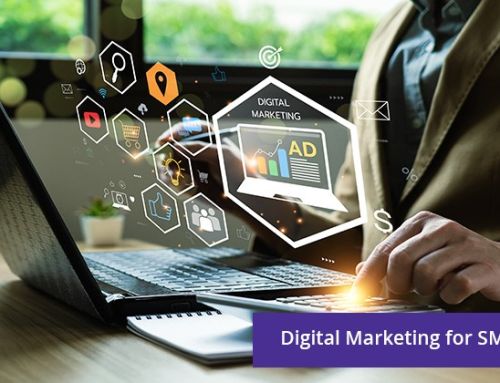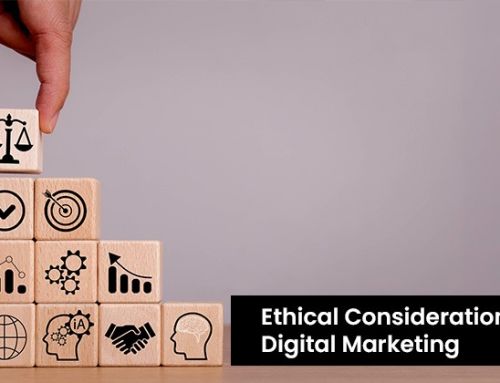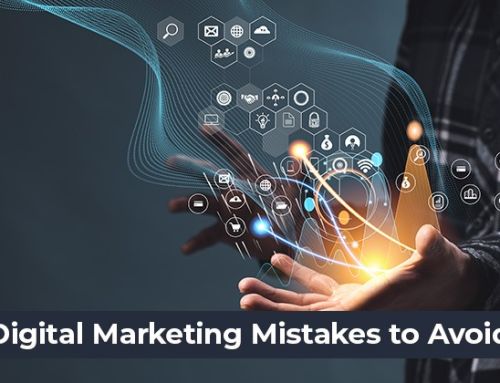Search engine optimization (SEO), is the primary component that aims to increase a website’s exposure on search engine result pages (SERPs). However, due to the rapid advancements in artificial intelligence and machine learning, the SEO industry is undergoing a significant transformation.
In this article, you will learn about how leveraging AI and machine learning in SEO will help you with potential benefits, drawbacks, and long-term implications.
Leveraging AI and Machine Learning in SEO
The ability of machines to mimic human intellect and do tasks that ordinarily require human intelligence, such as learning, thinking, problem-solving, and perception, is known as artificial intelligence (AI). A subfield of artificial intelligence called machine learning (ML) allows programmers to teach robots to recognize patterns in data and progressively enhance their performance.
Conventional approaches in SEO are being revolutionized by AI and ML, which offer insights, automate tasks, and optimize strategies with never-before-seen precision and efficiency.
Some significant areas where AI and ML are influencing SEO tactics are as follows:
Content Creation and Optimization
AI-powered solutions use machine learning (ML) algorithms to shift through massive amounts of data, identify trends in content, and generate fresh, topical content.
Algorithms for Natural Language Processing (NLP) allow computers to comprehend and generate writing that is similar to that of a person, making it easier to create interesting blog posts, product descriptions, and articles that are optimized for search engines and user experience.
Predictive analytics and keyword research
Artificial intelligence (AI) systems can predict market dynamics, user behavior, and search patterns. This enables you to anticipate shifts in consumer demand and modify your SEO strategies accordingly.
By analyzing historical data and user interactions to discover upcoming keywords, long-tail phrases, and specialized topics with high-ranking potential, machine learning models help your businesses stay ahead of the competition.
Improved User Experience
Search engines are placing greater emphasis on user experience-related factors when ranking pages, such as dwell time, mobile friendliness, and page load speed. Artificial intelligence (AI)-powered websites can function better by identifying and resolving issues that adversely affect user experience.
Machine learning on the other hand might look at user behavior patterns to present personalized offers, optimize navigation, and adjust content recommendations in order to increase engagement and decrease bounce rates.
Voice Search Optimization
Due to the growing use of speech-activated devices and virtual assistants, voice search has surpassed all other search methods. Artificial intelligence (AI)-powered SEO solutions use natural language processing (NLP) algorithms to understand conversational questions, regional accents, and semantic nuances in order to assist websites optimize their content for voice search.
Businesses that use natural language inquiries, highlighted snippets, and structured data markup can generate significant speech-enabled traffic and boost their exposure in voice search results.
Challenges & Things to Consider
While AI and ML provide many opportunities to boost SEO performance, there are a few concerns and considerations.
Data Privacy and Ethics
Issues with data privacy, consent, and ethical use are raised since AI systems rely on massive amounts of data for model training and development. As a marketer, you must respect legal frameworks such as the CCPA and GDPR while also giving consumers confidence and openness in their data practices priority.
Algorithmic Fairness and Bias
AI models may exhibit biases found in the training data, leading to discriminating outcomes or biased representations. To eradicate algorithmic prejudice, you need to act swiftly and implement strategies such as using training dataset diversification, conducting fairness audits, and using bias detection technologies.
Technological Dependency and Skill Gap
As AI is increasingly included into SEO operations, you will need to adapt to new tools, strategies, and technology. Bridging the talent gap requires training, upskilling, and collaboration with data scientists in order to properly leverage AI in SEO.
Future Outlook
The development of digital marketing will be significantly impacted by the confluence of AI, ML, and SEO. As AI algorithms become more sophisticated and data-driven, SEO strategies will shift to prioritize user-centricity, relevancy, and contextuality.
Furthermore, the introduction of emerging technologies like computer vision, natural language understanding, and predictive analytics will open up new possibilities for personalized experiences, content optimization, and user intent comprehension.
Conclusion
The use of AI and ML in SEO operations signifies a paradigm shift in the way businesses approach digital marketing and online presence. By applying AI-driven analytics, automation, and optimization tactics, you can find new opportunities to increase organic traffic, enhance user engagement, and achieve sustainable development in a more competitive digital marketplace.
Not only is using AI in SEO a smart move, but it’s also necessary to stay up to date with the constantly evolving internet search market. Contact us to rank higher in the search engine rankings with the AI and machine learning driven SEO approach.






